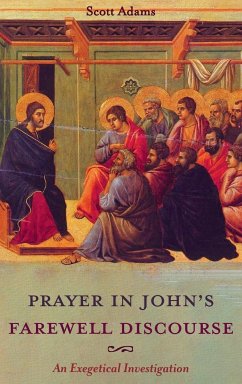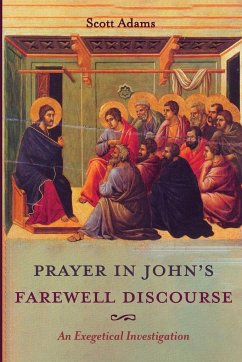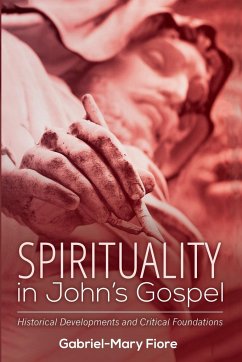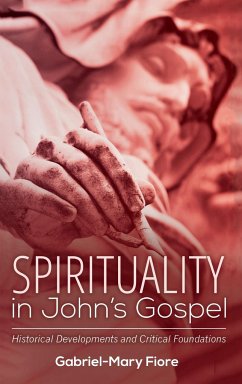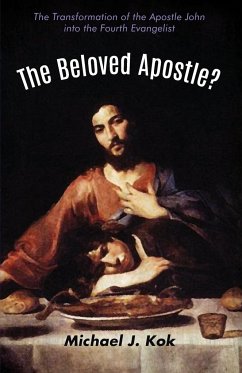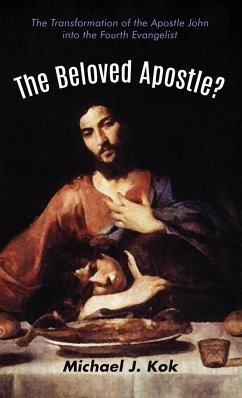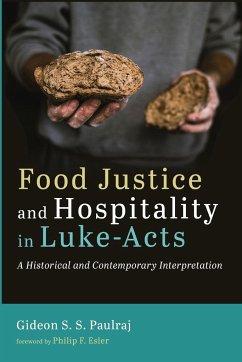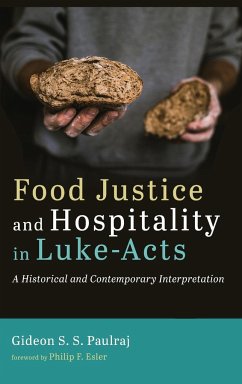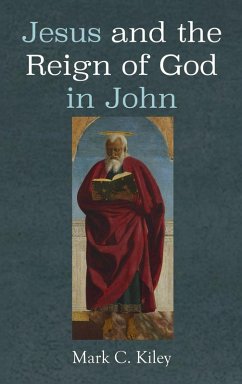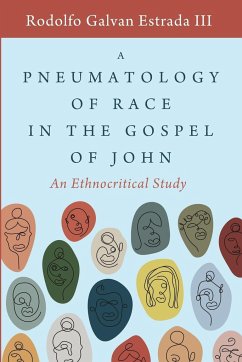
A Pneumatology of Race in the Gospel of John

PAYBACK Punkte
18 °P sammeln!
How do the Greco-Roman views of ethnicity inform our reading of the Spirit in the Fourth Gospel? This study not only reviews the role of ethnicity and race in the ancient world; it also proposes a bold new understanding of Johannine pneumatology. From an ethnocritical perspective, this study argues that the Spirit was articulated for an ethnically diverse Johannine community that was dealing with the issues of race relations. The Spirit is the divine breath of God that commissions Jesus for the redemption of all ethnicities. The Spirit is involved in the maternal birth of all ethnic members wh...
How do the Greco-Roman views of ethnicity inform our reading of the Spirit in the Fourth Gospel? This study not only reviews the role of ethnicity and race in the ancient world; it also proposes a bold new understanding of Johannine pneumatology. From an ethnocritical perspective, this study argues that the Spirit was articulated for an ethnically diverse Johannine community that was dealing with the issues of race relations. The Spirit is the divine breath of God that commissions Jesus for the redemption of all ethnicities. The Spirit is involved in the maternal birth of all ethnic members who are in the family of God. The Spirit draws all people despite their ethnic lineage and heritage. And the Spirit is actively involved as an advocate for the minoritized community undergoing synagogue violence. Will the members of the Johannine community still hold onto ethnic ideologies of dehumanization that were prevalent of their age? Can the Johannine community still have the Spirit and support ideologies of ethnic division and hate? This study seeks to answer these questions.



